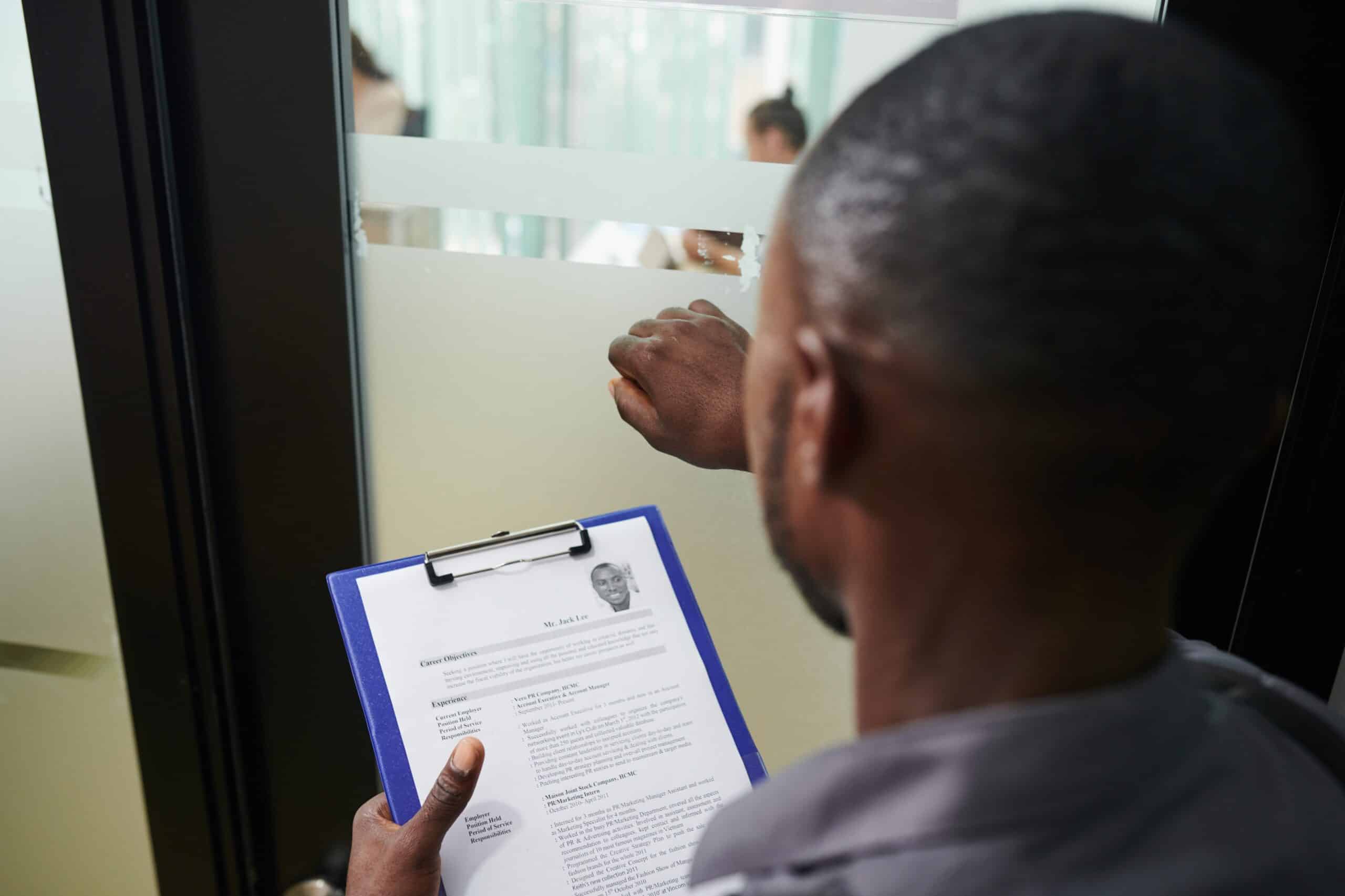IS A CRIMINAL CHARGE A FELONY OR MISDEMEANOR IN MISSOURI?

If you or a loved one is facing criminal charges in Missouri, one of the first and most important questions is whether the offense is classified as a felony or a misdemeanor.
This distinction is not just a technical legal label — it determines the severity of the potential penalties, the long-term consequences on your record, and how aggressively you need to protect your rights. Understanding how Missouri classifies criminal charges is essential, but navigating the system without experienced legal guidance can be risky.
At KC Defense Counsel, our knowledgeable Kansas City criminal defense attorneys can make a critical difference from the very beginning of your case.
UNDERSTANDING THE DIFFERENCE BETWEEN FELONIES AND MISDEMEANORS IN MISSOURI
Missouri law divides criminal offenses into two primary categories: misdemeanors and felonies. In general, misdemeanors are considered less serious offenses, while felonies involve more severe conduct or higher levels of harm. However, even misdemeanor charges can carry lasting consequences that affect employment, housing, and professional licensing.
Misdemeanors in Missouri are typically punishable by up to one year in jail, fines, probation, or a combination of these penalties. Felonies, on the other hand, can result in multiple years in prison, significant fines, and permanent damage to your criminal record.
The classification of a charge depends on several factors, including the nature of the offense, the presence of aggravating circumstances, and whether the accused has prior convictions.
MISSOURI MISDEMEANOR CLASSIFICATIONS IN THE STATE OF MISSOURI
Missouri misdemeanors are divided into four classes: Class A, B, C, and D. A Class A misdemeanor is the most serious and may result in up to one year in jail and substantial fines. Examples often include certain assault charges, theft under a specified dollar amount, or driving-related offenses.
Lower-level misdemeanors may carry less jail time or only fines, but they should not be taken lightly. Even a minor misdemeanor conviction can appear on background checks and follow you for years. In Kansas City courts, prosecutors still pursue misdemeanor cases aggressively, especially when public safety or repeat offenses are involved.
MISSOURI FELONY CLASSIFICATIONS
Felonies in Missouri are more complex and more dangerous to your future. They are divided into Classes A through E, with Class A felonies being the most severe.
A Class A felony can result in decades of prison time, while even a Class E felony can carry years of incarceration and lifelong consequences.
Common felony charges in Kansas City include:
- drug offenses
- burglary, robbery
- domestic assault
- and certain theft crimes.
In many cases, what starts as a misdemeanor can be elevated to a felony based on factors such as prior convictions, the use of a weapon, or the value of alleged property involved.
This is where having an experienced Kansas City criminal defense attorney becomes essential. Early intervention can sometimes prevent a charge from being upgraded or can create opportunities to challenge how the offense was classified.
CHARGES CLASSIFICATION MATTERS MORE THAN YOU MIGHT THINK
Whether a charge is a felony or a misdemeanor affects nearly every aspect of a criminal case. Felony charges typically involve higher bail amounts, more restrictive bond conditions, and longer court proceedings. They also carry more severe collateral consequences, including loss of civil rights, difficulty securing employment, and limitations on housing options.
Even misdemeanor convictions can have lasting effects, especially in today’s digital age, where background checks are routine.
Many employers and landlords do not distinguish between different levels of offenses — they simply see a criminal record.
HOW AN EXPERIENCED KANSAS CITY CRIMINAL DEFENSE ATTORNEY CAN HELP
Missouri criminal statutes are complex, and charge classifications are not always straightforward. Prosecutors often file the most serious charge possible, leaving it up to the defense to challenge the evidence, negotiate reductions, or seek dismissals where appropriate.
An experienced Kansas City criminal defense attorney understands how local courts operate, how prosecutors evaluate cases, and what strategies are most effective for reducing exposure.
Legal counsel can examine whether the charge was properly classified, identify weaknesses in the state’s case, and work to minimize the long-term impact on your life.
Protect Your Future Before It’s Too Late: If you are facing criminal charges in Kansas City, waiting to see what happens is one of the biggest mistakes you can make. Whether the offense is classified as a felony or a misdemeanor will shape the outcome of your case and your future.
The sooner you speak with a trusted Kansas City criminal defense lawyer, the more options you may have.
KC Defense Counsel is committed to protecting your rights, your record, and your reputation. A strong defense starts with understanding the charge and acting quickly to challenge it.
Criminal charges in Kansas City carry serious consequences that can affect your freedom, reputation, and future opportunities. Missouri criminal law is complex, and the decisions you make early in your case can shape the outcome. That is why having an affordable Kansas City criminal defense attorney is critical.
KC Defense Counsel provides aggressive, strategic representation for clients facing misdemeanor and felony charges throughout the Kansas City area. We understand local courts, prosecutors, and procedures, and we know how to build defenses that protect our clients’ rights.
Whether you are facing DUI, drug charges, assault, or another criminal offense, you deserve a lawyer who will fight for you — Do not face the criminal justice system alone.
Contact KC Defense Counsel today to speak with a knowledgeable Kansas City criminal defense lawyer about your case.
Cities we serve: Adrian, Archie, Bates City, Belton, Blue Springs, Buckner, Butler, Cameron, Claycomo, Cleveland, Drexel, Fairview, Ferrelview, Gladstone, Grain Valley, Grandview, Greenwood, Houston Lake, Independence, Kansas City Missouri, Kearney, , Knob Noster, Lake Lotawana, Lake Tapawingo, Lake Waukomis, Lake Winnebago, Lawson, Lee’s Summit, Liberty, North Kansas City, Oak Grove, Oakview, Parkville, Peculiar,, Platte City, Platte Woods, Plattsburg, Pleasant Hill, Raymore, Raytown, Riverside, Smithville, Sugar Creek, Tracy, Warrensberg, Weatherby Lake, and Weston.
Statewide: Missouri State Highway Patrol and Sheriff Counties we serve: Bates County, Cass County, Clay County, Jackson County, Platte County, Ray County.
Contact our experienced Kansas City criminal defense lawyers near me in Missouri and let us help begin building your defense. Let us help.
Disclaimer: This page is for informational purposes only and does not create an attorney-client relationship. Always consult qualified counsel regarding your unique situation.







Recent Comments